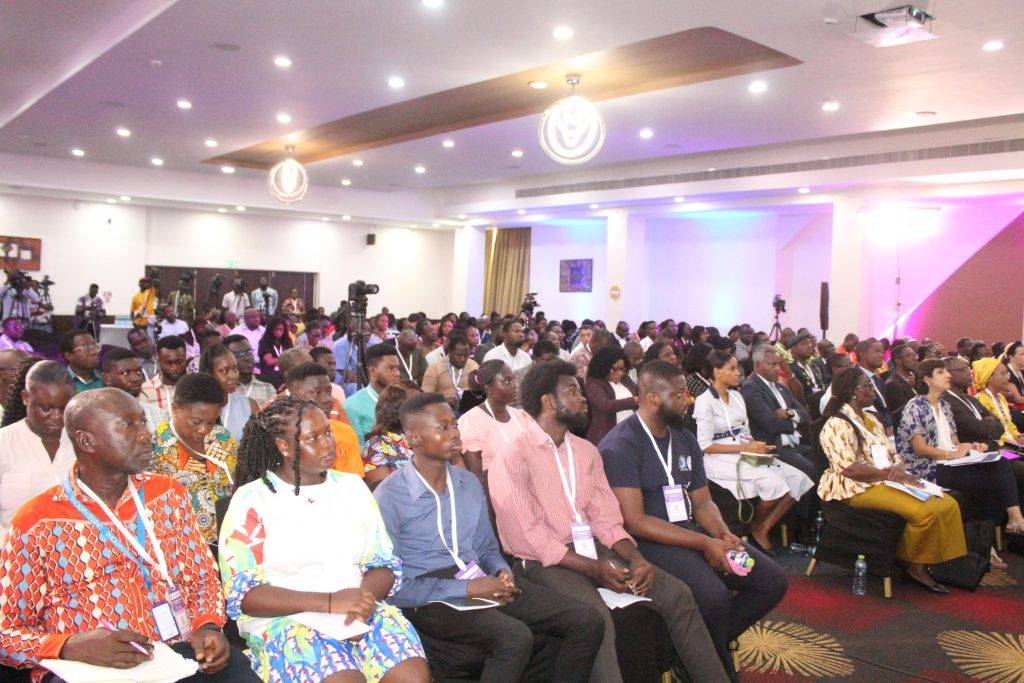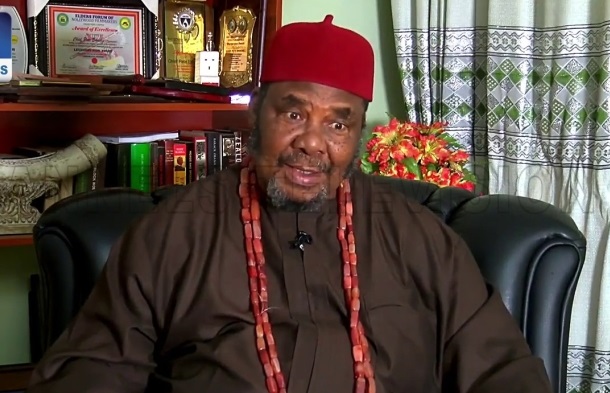
Ghana has co-signed a resolution to end violence against women and girls along with 60 countries. The resolution places a significant amount of responsibility on men and boys to prevent violence against women and girls, which has made it controversial among other nations.
The intention of the resolution to transform “social-cultural norms and traditional and customary practices that condone violence against women and girls,” has made nations like South Africa, and even the United States, opt to not sign it.
The resolution reasons that patriarchal societies keep gender norms in place, which then make situations leading to gender-based violence more likely.
The resolution, which is from the Human Rights Council, also sheds light on the inadequacy of simply funding women’s rights organizations. Nations must also ensure that funding for programs for women and girls will not be sacrificed for those focused on engaging men and boys.
The resolution was published over a week ago, but citizens from countries that opted not to sign are still calling for their nations to join the long list of co-sponsoring nations.
The focus placed on engaging men and boys with national policies, programmes, and strategies that address the roles and responsibilities, makes the resolution among the most progressive of its kind.
Among its long list of purposes, the resolution states that, it recognizes “that violence against women and girls is rooted in historical and structural inequality in power relations between women and men.”
Ghana is among the African nations of Rwanda and Botswana to co-sponsor the resolution.
The statement, called the Resolution on Accelerating Efforts to Eliminate Violence against Women, was drafted by Canada and co-sponsored by countries from every continent.
–
By: Joy Natoma/citifmonline.com/Ghana
Ghana has co-signed a resolution to end violence against women and girls along with 60 countries. The resolution places a significant amount of responsibility on men and boys to prevent violence against women and girls, which has made it controversial among other nations. The intention of the resolution to transform “social-cultural norms and traditional and ... Read Full Story




















Facebook
Twitter
Pinterest
Instagram
Google+
YouTube
LinkedIn
RSS